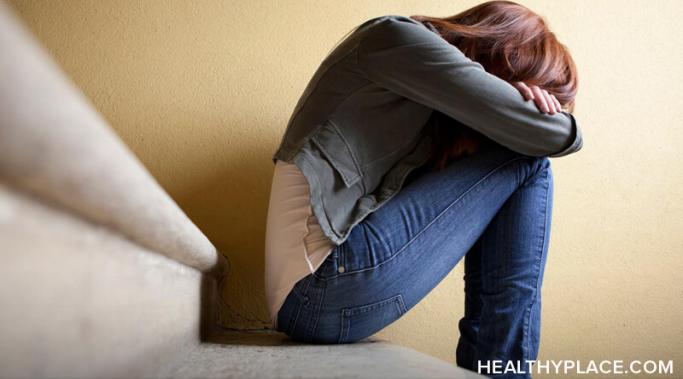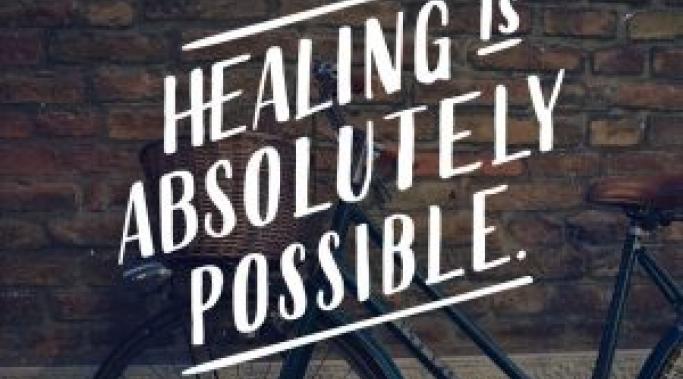Scars from mental illness are common but if we show them, are we attention-seeking. In today’s society, we have a very weird relationship with scars. More often than not, I see them treated as a source of shame, even if there’s absolutely no reason for that shame. Surgical scars, scars from accidents, scars from scrapes and falls—generally speaking, they’re kept under wraps because they’re seen as “defects” to our skin. When it comes to scars from mental illness, that shame doubles (To Hide or Not to Hide Self-Harm Scars).
Surviving Mental Health Stigma
It is often difficult to know when to tell new friends about our mental illness, or even one that a family member suffers due to mental health stigma. Many people who face stigma are judged by others, especially when making new friends, but it can still be important to be honest about your mental illness and reveal it as soon as you are comfortable.
In recent years, the mental health community has been working to phase out the term “commit suicide” because of the negative connotations that are attributed to it. It really came on my radar two years ago when I attended a suicide prevention walk in St. Catharine's, Ontario and spoke with Denise Waligora, who works with the Mental Health Commission of Canada. Waligora shared with me the stigma associated with the term "commit suicide" and how it was associated with crime and sinfulness (Talk About Suicide to Erase the Shame of Talking About Suicide).
More and more, people push for discussing mental health with children and to include education on mental health, mental wellness, and mental illness in the classroom and outside of it (Where is Mental Illness Education?). I wholeheartedly agree with this idea because it has the potential help children recognize mental health trouble in themselves and in others, and to know there is something that can be done if they’re struggling. Another big reason for the push is the aim to reduce stigma, but I can’t think of an instance in which it was said there should be lessons about stigma, too. Discussing mental health stigma is just as important as talking about mental illness.
Stop comparing yourself to others, because when you do, you are letting mental health stigma affect your self-esteem. The only person who it is fair to compare yourself to is you. Are you doing better today than you were yesterday? Have you improved in different ways from a year ago? Mental health stigma can make us compare ourselves to others who don't have a mental illness or peers who haven't been through the same things that we have (How to Stop Comparing Yourself to Others).
While people generally don't mean any hard by saying "stay strong" to those with mental illness but talking about willpower can contribute to mental health stigma. Implying being strong enough lets you overcome mental illness can be problematic (Mental Illness Can Zap Motivation). Find out why the concept of willpower can contribute to Mental Health Stigma.
If ruminating on memories of mental health stigma and discrimination haunt you, there are ways for you to stop ruminating. Taking back control when you remember events where you were stigmatized, can be as simple as taking a breath. Here are some techniques to help you stop ruminating on mental health stigma memories of when you were ill.
A setback in mental health recovery is a challenge because many have this idea that recovery must be perfect. The rhetoric tends to be that we’re strong when we’re recovering and we’re weak if we have a setback; I’ve even had someone tell me she was strong enough to avoid mental illness relapse. The way I see it, though, a setback in mental health recovery -- and mental illness as a whole -- is not that simply defined.
When you let stigma be a barrier to a full life, it means you are letting stigma win. By resisting stigma and fighting it, not letting it be a barrier, you are taking control of your life and will be on your way to mental illness recovery. Relationships and employment are not privileges, they are a right. As a human being you not only don't have to put up with stigma, you also have a right to find work, make a living or supplement your income, and have healthy relationships. In other words, it is important not to let stigma be a barrier to a full, happy and productive life.
Mental health stigma affects the loved ones of a person with mental illness, not only the person with the mental illness. I don’t mean in the situations where the loved one openly or inadvertently stigmatizes, but rather the stigma falls onto them to by association. I know it’s sometimes just a worry that we as people with mental illness have, and typically we look at it in the form of thinking we’re embarrassments rather than the targets of stigma, but loved ones face mental health stigma, too.









